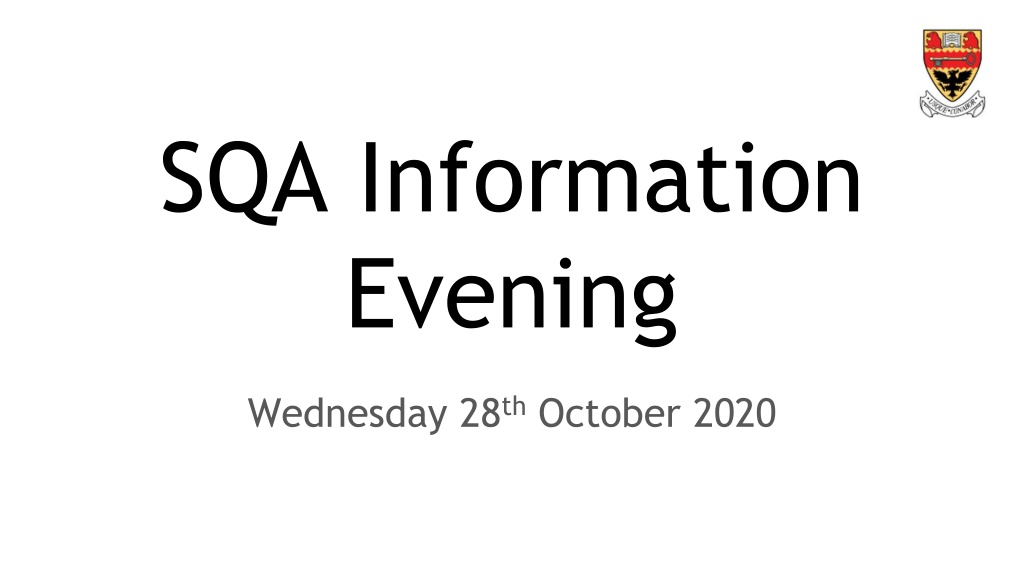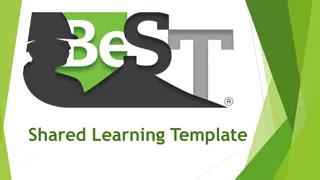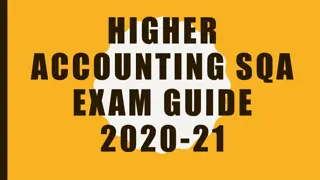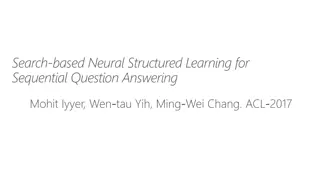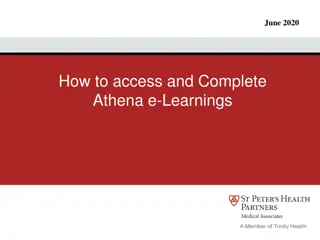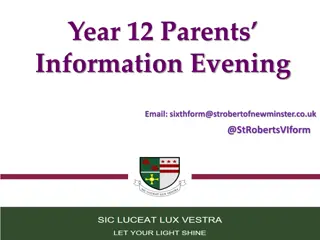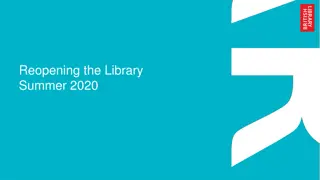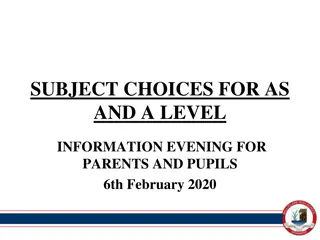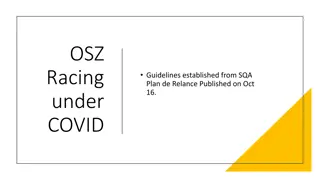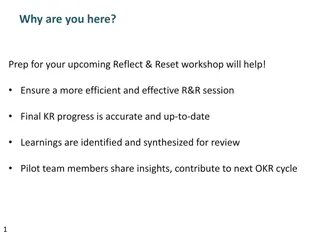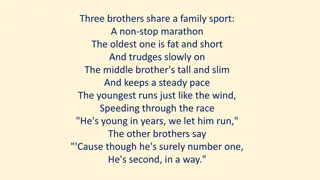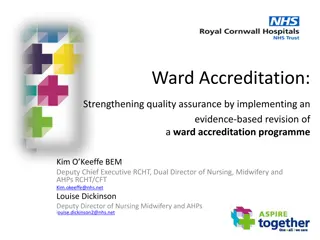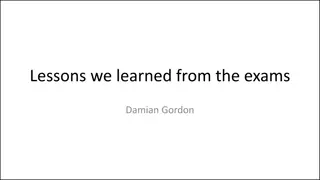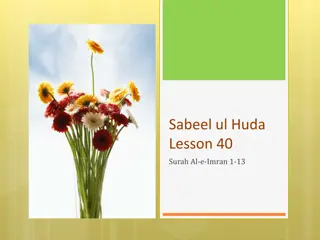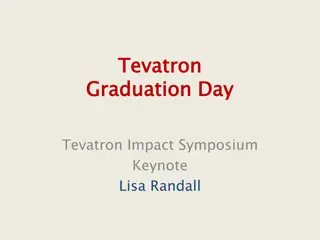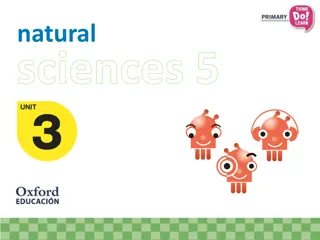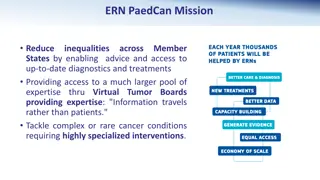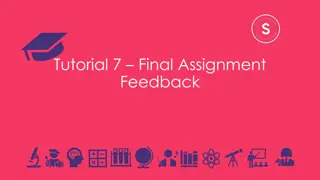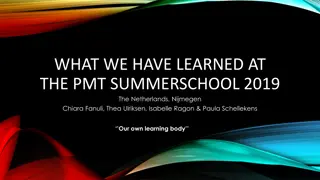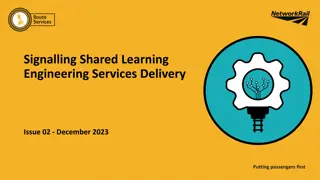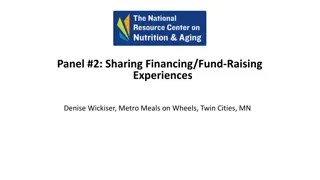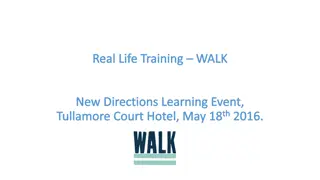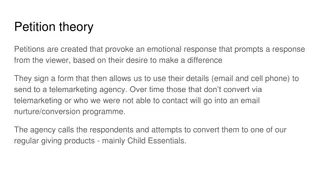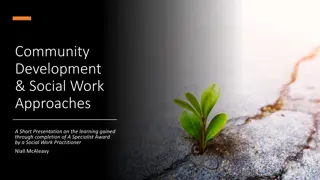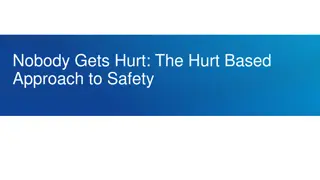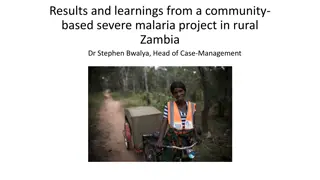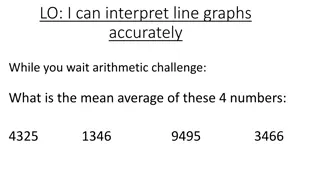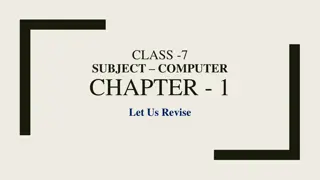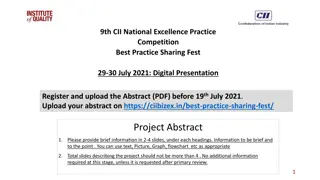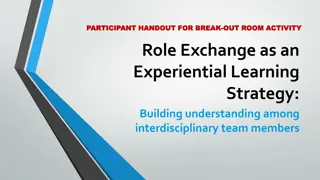Strategies and Learnings from SQA Information Evening 2020
This document outlines the insights and actions shared during the SQA Information Evening on October 28th, 2020. It covers the aims of sharing 2020 learnings, communicating current SQA arrangements, and supporting fair certification. Topics include gathering evidence, developing autonomy, and tracking progress through professional judgment and assessment calendars for National 5, Higher, and Advanced Higher courses.
Download Presentation

Please find below an Image/Link to download the presentation.
The content on the website is provided AS IS for your information and personal use only. It may not be sold, licensed, or shared on other websites without obtaining consent from the author. Download presentation by click this link. If you encounter any issues during the download, it is possible that the publisher has removed the file from their server.
E N D
Presentation Transcript
SQA Information Evening Wednesday 28thOctober 2020
Aims To share our learning from SQA 2020. To communicate the current SQA arrangements for National 5, Higher and Advanced Higher courses in 2021. To share our school actions to support fair and appropriate certification of SQA courses in 2021.
What have we learned from SQA 2020? Gathering Evidence Developing Autonomy Tracking and Communicating Progress
Gathering Evidence Each subject team is working to update their Rationale for Estimates for 2021. Each Rationale explains the approaches taken by the subject to ensure that estimates submitted are fair and consistent, and in keeping with SQA advice. Types of evidence i.e. formal assessment, prelim, classwork, homework Strength of evidence i.e. exam conditions, open book Moderation practices i.e. marking, cross marking, Understanding Standards Data i.e. prior attainment Ensuring fairness i.e. AAA, absence, COVID
Gathering Evidence An estimate is a holistic professional judgement based on evidence of a candidate s attainment in all aspects of the course and should reflect the candidate s demonstrated attainment Our approach to gathering evidence is to assess students at appropriate points throughout the school year, including prelims, to ensure that our estimates are based on a range of evidence, gathered sensibly, rather than only a couple of high stakes/ one off events.
Gathering Evidence Each subject team has created an Assessment Calendar which maps the opportunities for gathering evidence throughout the year. This year we have 37 subjects on offer at National 5; 34 at Higher and 17 at Advanced Higher. The Assessment Calendar is a live document will be adapted throughout the year to meet the amendments to courses by the SQA and to also meet student needs.
Tracking and Communicating Progress This is NOT a genuine report- this is me!
This indicates that the student is likely to achieve an A.
This indicates that the student is capable of a B but that present, her work is indicating lower i.e. C or D
This indicates that the student is not on track to pass the qualification at present. When a student is Off Track or there are DREAM concerns, there will also be advice on how to improve. These statements are being updated this session to be more subject specific.
Whats happening with National 5 in 2021? The 2021 National 5 exam diet has been cancelled and qualifications will be awarded on the basis of centre estimates, supported by assessment resources and quality assurance. We are still awaiting further advice regarding the changes to National 5 courses for 2020/21 (due after October break) We are still waiting on timelines and subject specific advice to support estimates. Results on 10thAugust 2021
Whats happening with Higher/ AH in 2021? The 2021 Higher and Advanced Higher exam diet will run and estimates should be submitted as part of the normal awarding processes. If the public health situation deteriorates and exams at Higher and Advanced Higher are cancelled, then estimates will be used with appropriate quality assurance to award qualifications. It is anticipated there will be a decision no later than February 2021. SQA have published all changes to Higher and AH Courses for 2020/21. The exam diet will run slightly later from 13/5/21 to 4/6/21 Results on 10thAugust 2021
Our Lasswade Principles We will communicate regularly and are committed to making our processes transparent. We are committed to strong internal and external moderation practices to ensure judgements made are robust and fair. All staff are here to listen to and help students with their learning and wellbeing. First point of Parental Contact is through our Student Support team.
Student Support Contact Information Melville: MEwellbeing.lasswade@mgfl.net Mount Esk: MKwellbeing.lasswade@mgfl.net St Anne s: SAwellbeing.lasswade@mgfl.net St Leonard s: SLwellbeing.lasswade@mgfl.net
What happens next? We will continue to update students and parents/carers with updates to National Qualifications through website posts, social media platforms, Google Classroom, Information Evenings and virtual Assemblies. We will be sharing Version 1 Assessment Calendar with parents/ carers early next week. We are starting to run subject Specific Supported Study. We are also running Study Skills workshops Faculty Teams will continue to update their Assessment Calendars and Rationales for Estimates, using SQA guidelines.
What can you do to support? Please continue to engage with the school and ask questions. Follow us through Social Media platforms and monitor information on our school website. Keep up to date through the SQA website and Scottish Government information. Speak to your child about their learning Engage with our Parent Council.
Your Questions Answered Will there be prelims and what is their impact on estimate grades? All estimates are required to be based on a range of evidence. The initial SQA guidance refers to at least 2 to 4 pieces of evidence. This means that estimates for students are based on a range of assessment and not just a prelim event. Our Assessment Calendars are designed to allow students a range of opportunities to demonstrate learning and prelims- as full course formal assessments- are a part of this. However, prelims won't take place in the same way they have in past, due to the restrictions on large gatherings. It is most likely that prelims- as other formal assessment- will take place in classrooms. Even in normal years, students often take final exams in classrooms or, as is becoming more common, computer suites to support ICT requirements.
Your Questions Answered Whilst appreciating the need to gather evidence, there seems to be a very large amount of testing going on in the Higher subjects just now e.g. 2-3 tests in as many weeks for some subjects. Is this normal or more than the average year? Whilst on-going assessment has always been an important part of teaching and learning as part of the national qualification experience, at present it is marginally more due to the need to both inform estimates and to prepare in case of further contingencies. This is the reason we have collated the assessments across the school as part of the assessment calendar- to help students and families plan for assessment and to ensure that we are assessing in a proportionate way- adapting as appropriate to support.
Your Questions Answered When is the Supported Study going to start? Many subject areas are starting Supported Study following the October break, subject to the necessary Risk Assessments taking place. In the first instance, Subject Teams will share specific dates and times with students in classes and through the Subject Google Classrooms. We are currently collating all the Supported Study on offer and will share this information in an upcoming website post. We are also running a Study Skills programme later in November. This is a series of workshops that students can sign up to, to support revision strategies that will support learning across all subjects. Further information about this will come to students via the Year Group Google Classrooms.
Your Questions Answered What are the plans for the S4 and S5/6 Parents Evenings? Our intention is to ensure that Parents Evenings take place this session. However, the format will be different to usual. Due to COVID-19 restrictions, we are having to change our approach to that of telephone meetings. Our first trial of this new system is the S2 Parents Evening which will be taking place on 29thOctober. Following this, we will evaluate the new format with parents/ carers and staff and will provide an update on the plans for S4 and S5/6 in due course.
Your Questions Answered If a pupil shows consistent improvement over the year in a subject will their estimate be an average of the whole year or reflect the improvement? The estimate will reflect the improvement. The updated SQA guidance refers to the importance of time/date i.e. when the assessment was undertaken. The key message is that all estimates are based on the most recent, best available evidence across all of the course components.
Your Questions Answered What s the difference between a target grade and an estimate grade? A target grade (referred to on the report) is agreed between student and teacher and is informed by a student s prior attainment in a subject and what they are likely to achieve. This is the grade the student should be aiming to achieve by the end the course and is aspirational in nature. Target grades may be adjusted throughout the course of the session. On the report, the Progress section indicates whether a student in On Target for their target grade; On Track to Pass or Off Track to Pass. An estimate grade is submitted to the exam board by the school at the end of the course. It represents the grade demonstrated by the student in all aspects of the course.
Your Questions Answered How will the school ensure all assessment arrangements are safe for students? Ensuring safety is our first priority. All assessment arrangements- both for in school assessments and for the proposed final SQA exams for Higher and Advanced Higher- will be fully conversant with public health guidelines to ensure student and staff safety.
Your Questions Answered My child recently did an assessment which they were told was C level. And that even though he achieved 80%, it is still no better than a C. Can you explain? In subjects such as Maths and Science, different topics have different levels of difficulty. Sometimes, especially in the early days of a course, all the questions on an assessment may be at C level. This means that there are no questions that are of A or B level difficulty. Passing this assessment well would indicate that the student is certainly working well at a C. Later assessments- with more aspects of the course covered- would balance the A, B and C level questions to allow all students a chance to pass, whilst providing other students the opportunity to excel at the higher grades.
Your Questions Answered What are the plans for the S4 and S5/6 Parents Evenings? Our intention is to ensure that Parents Evenings take place this session. However, the format will be different to usual. Due to COVID-19 restrictions, we are having to change our approach to that of telephone meetings. Our first trial of this new system is the S2 Parents Evening which will be taking place on 29thOctober. Following this, we will evaluate the new format with parents/ carers and staff and will provide an update on the plans for S4 and S5/6 in due course.
